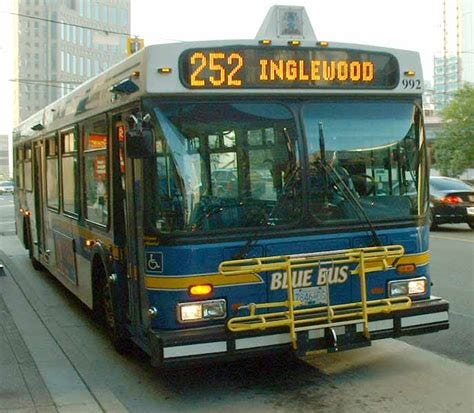Looking around me in Vancouver, two things stand out.
No matter where you are, it’s easy to park a car. Not always free, or you may need a municipal permit, but it’s always easy. There’s really no shortage of places to store your vehicle.
On the other hand, transit is hit-and-miss. I take a #10 bus down Granville to Georgia, and I’ve learned that despite it being a fairly major route, I sometimes wind up standing around for the better part of seven to ten minutes before a bus arrives, and often I arrive at Georgia Street literally seconds before the West Vancouver Blue Bus leaves across the street.
Thinking back to Alençon, in France, I’m realizing that despite the university degrees and the very thick research and planning documents, urban planning only needs you to look at three things:
Can most people walk to what they need? If you’re shopping for dinner, or a newspaper, or loaf of bread and bottle of wine, is it within a five-minute walk?
If you need to take transit during a week day, do you need to plan ahead, or can you just walk to the nearest bus stop or train station secure in the knowledge that you’ll be picked up in three or four minutes? Planning for your bus trip makes it just that much harder, and infrequent busses make it more likely you’ll be late.
If you take the money spent on providing free car storage on every street, you can take care of the first two things, and discourage car ownership. And with Vancouver’s transit system “losing” a few hundred million dollars each year, that seems like a good choice.
Think about it. When people talk about visiting France, or Italy, or New York, have you ever heard them rave about the local parking options? No.
They talk about walking out of their door, strolling to local market or café, and perhaps to taking the Metro to a park or museum.
That simple act, of walking down the street, looking in windows of little local shops, picking up odds and ends, and enjoying the pace of pedestrian travel, is all but lost in Vancouver. Even if you’re fortunate enough to live within easy walking distance of a reasonably priced deli or market, you’re forced to battle traffic, and noise, and exhaust fumes, and wait at every corner for the pedestrian light.
Invariably you’re reminded, in the most blunt terms, that the car is King, and pedestrians are considered very second-class citizens. Just as homeless people are viewed as the author of their own misfortune, the assumption is that if you’re not driving, it’s because of some fault on your own part.
And as much as I love the SkyTrain to the Vancouver airport, I find that transit otherwise is noisy, crowded, unpleasant and just unreliable enough that I invariably think twice. Busses - still the core of Vancouver transit - are for poor people, not those wealthy enough to drive the army of Teslas on every street.
(And <cough> it would be good if people on a crowded bus also wore masks as COVID once again rears its ugly head.)
Instead, Vancouver, like most North American cities, begins with the assumption that shopping should be widely separated from residential spaces, and the norm is to drive your big SUV to buy a week of groceries in one massive shop.
Perhaps ironically, the reason that commerce is kept apart from people’s homes is because of one simple reason: the cars and the parking lots that are part of every large retail outlet are considered a bad match for residential areas.
The funny thing is that fifty years ago every single neighbourhood had a little corner store where you picked up a loaf of bread, or milk, or cigarettes and a newspaper. Even more likely is that you sent your five or six year-old child down to the store for you, saving a trip, and teaching them self-sufficiency and how to count change.
These weren’t 7-Eleven stores, or Circle-Ks, or Macs Milk. They were little family owned businesses, with a home upstairs. Often as not they were the second or third job for immigrant families, a step on the ladder.
And the shop-keeper knew you, and your children, and you knew them. If you were broke they would carry you to the end of the month. If you had a special thing that you liked, they would stock it.
And that, as they say, is what defines “community.”






